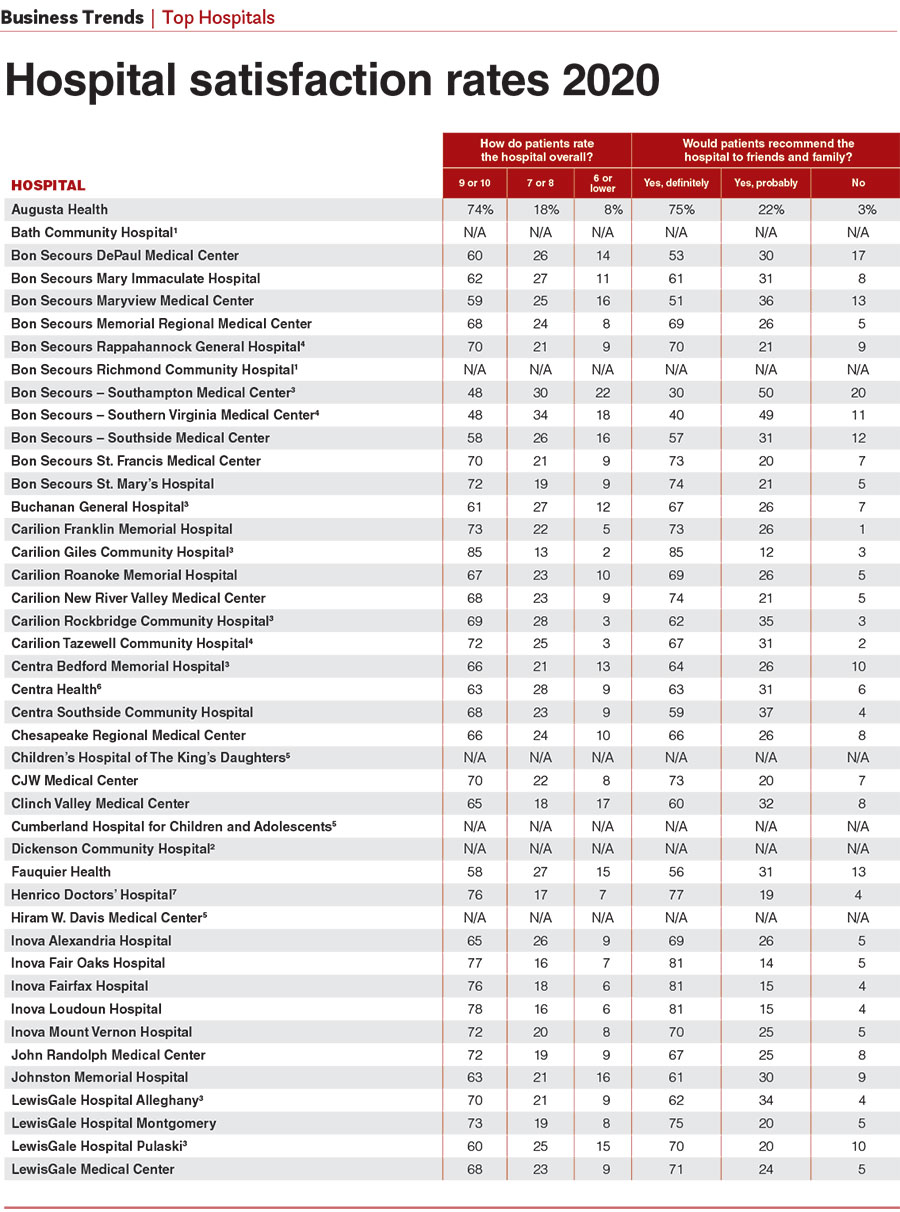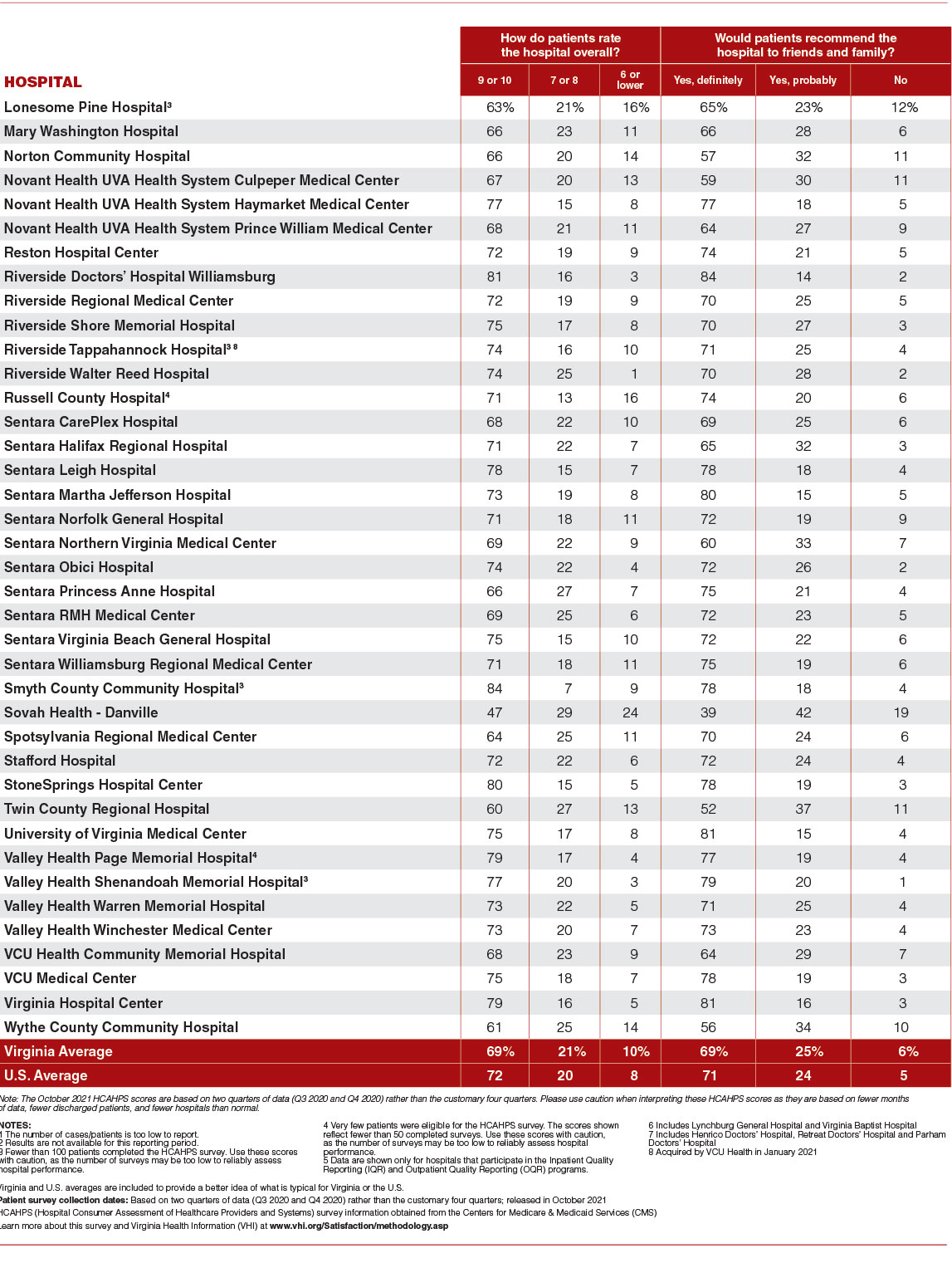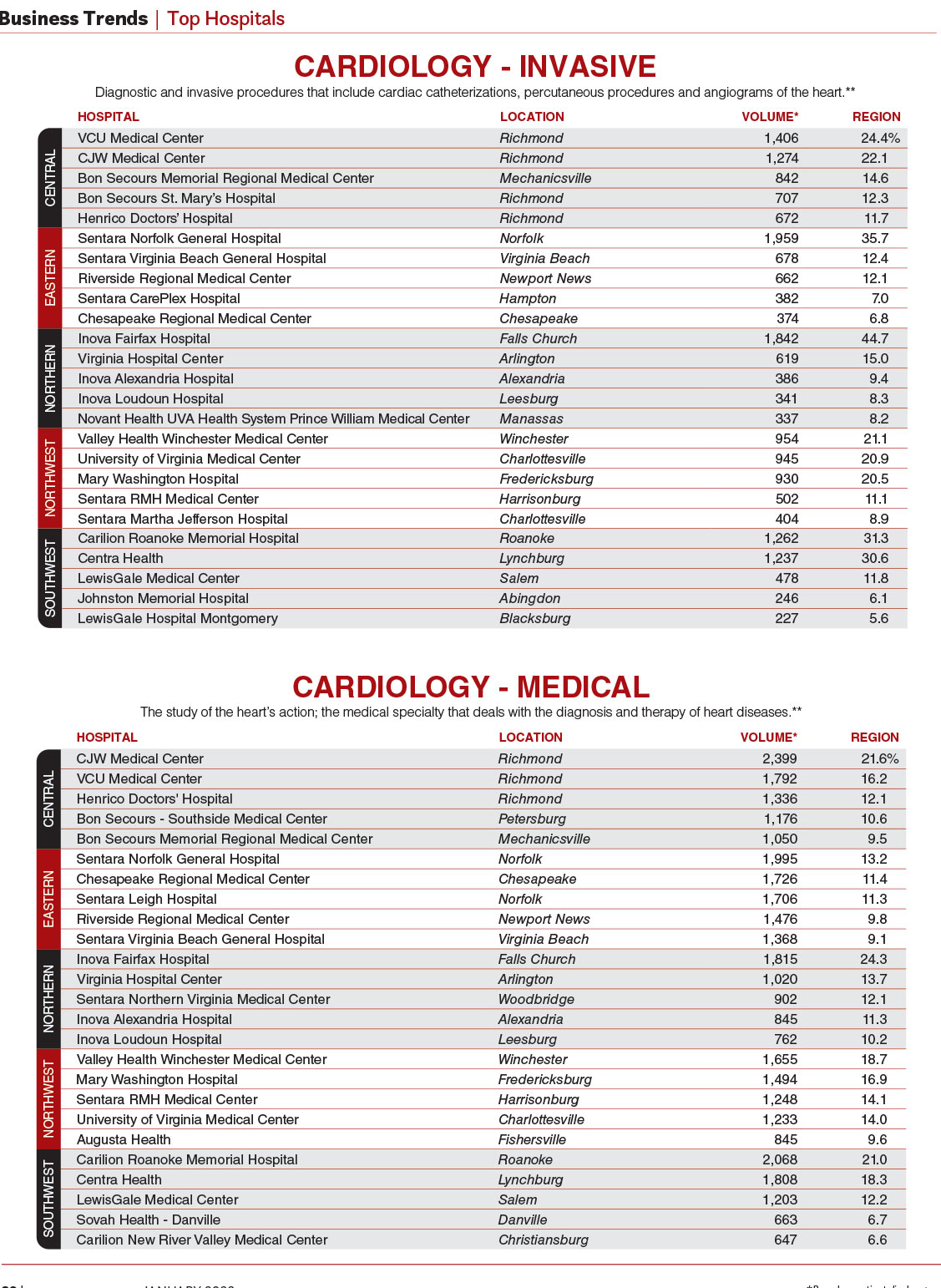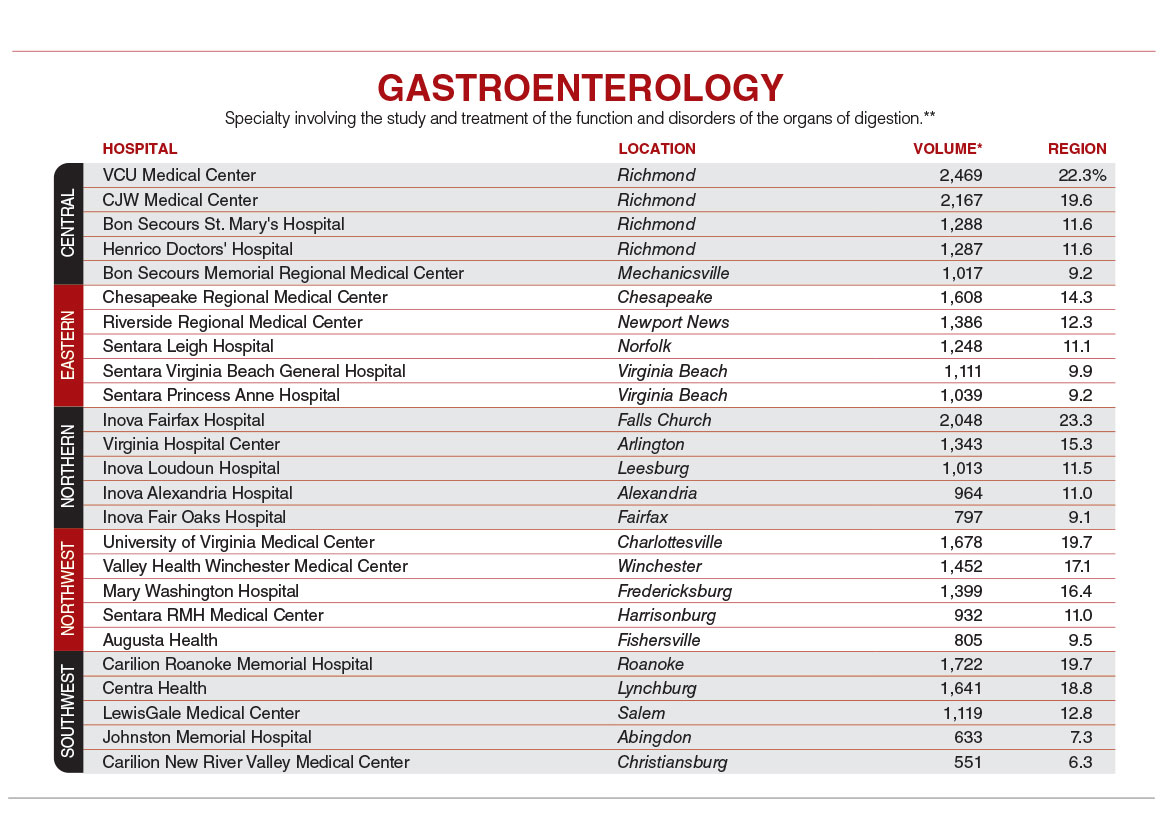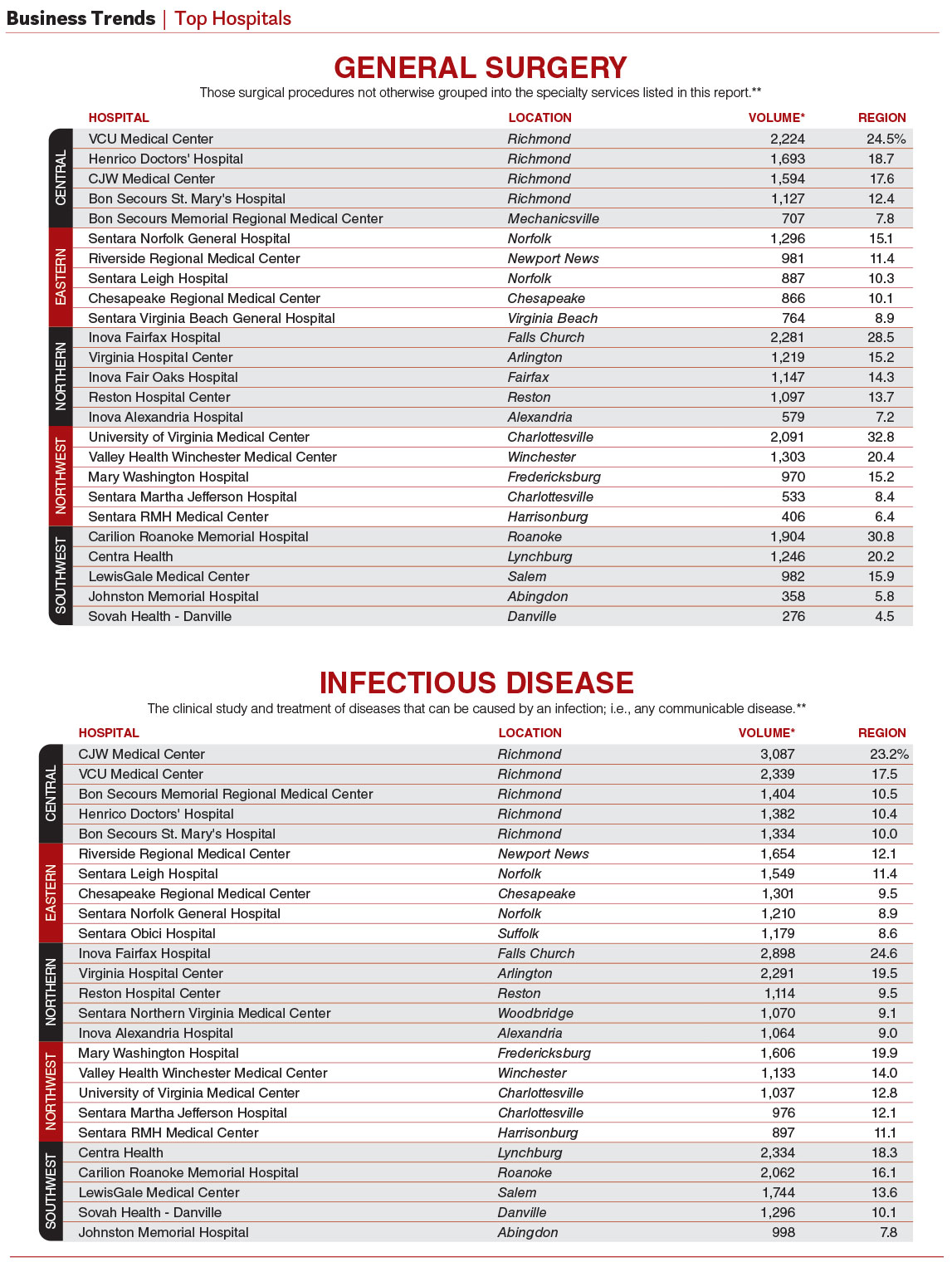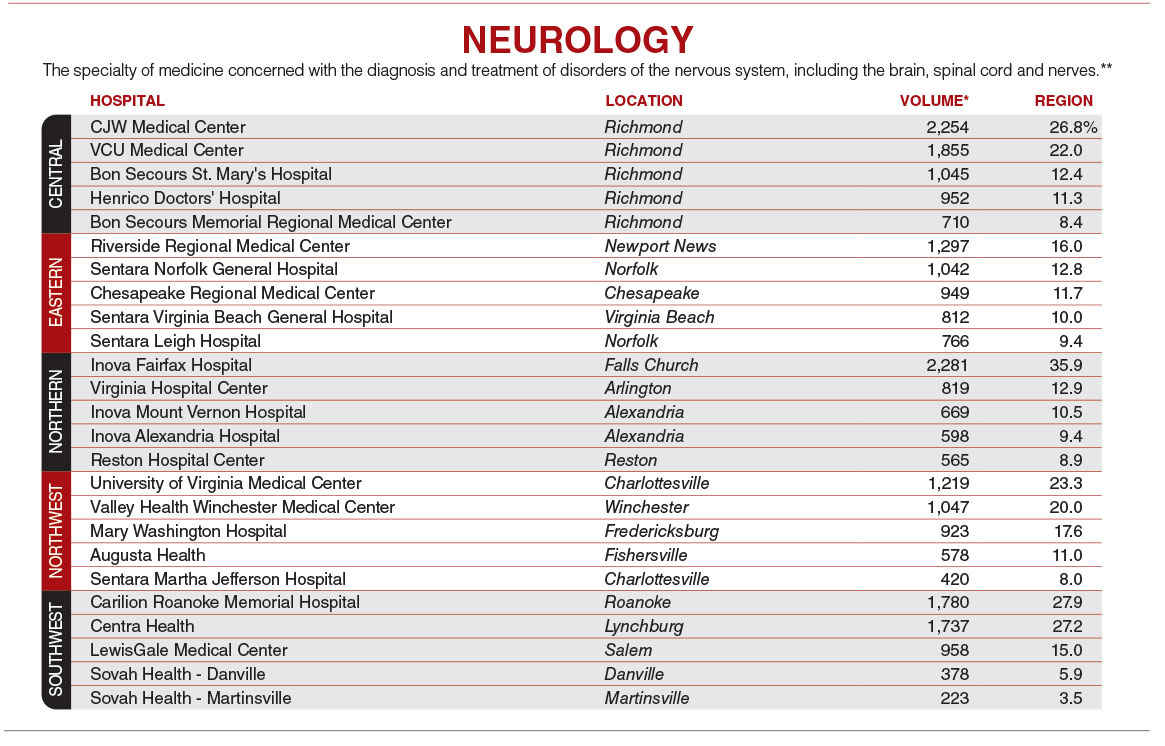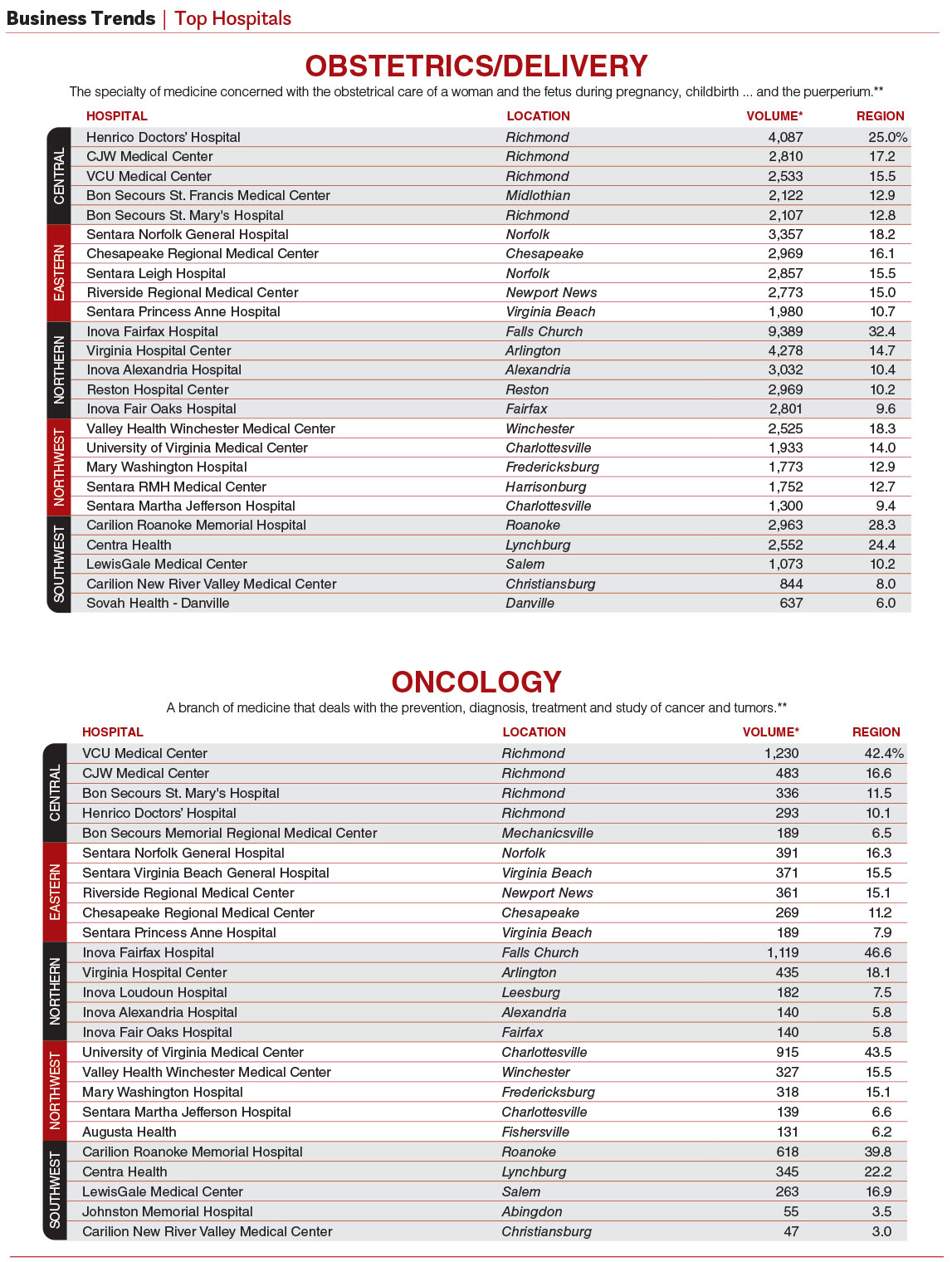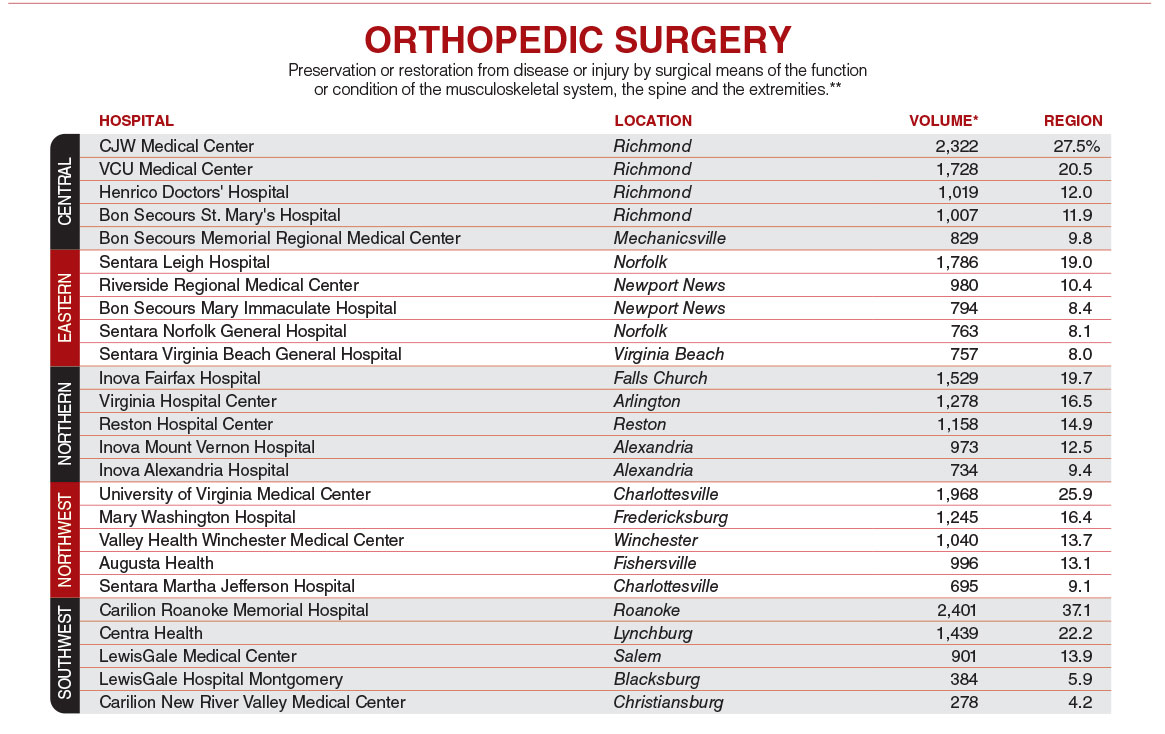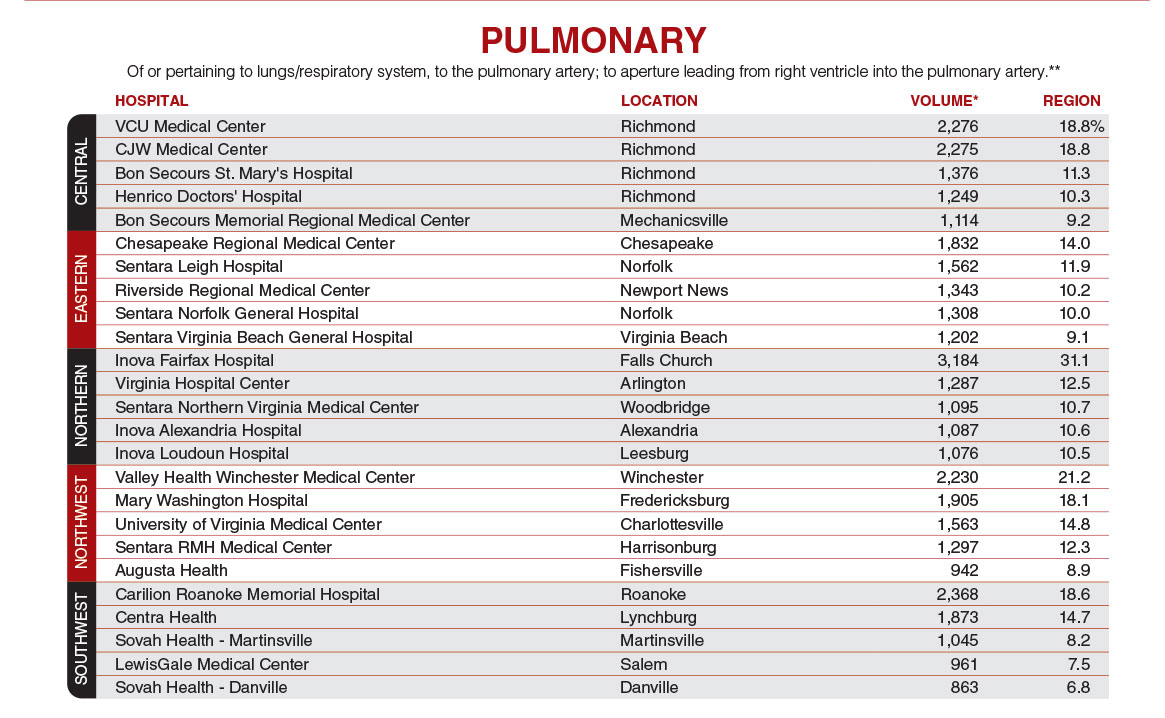It’s highly unlikely that it will be built from brightly colored plastic bricks, but the Lego Group will be bringing a $1 billion toy manufacturing plant to Chesterfield County‘s Meadowville Technology Park, creating more than 1,760 jobs, the company and Virginia Gov. Glenn Youngkin announced Wednesday during a press conference at the Science Museum of Virginia.
“The Lego Group’s decision to establish its U.S. manufacturing plant in Virginia shines a global spotlight on the advantages that make the commonwealth the best business location in the nation, and we look forward to a long and successful partnership with this iconic company,” Youngkin said. “This transformational project will … bolster Virginia’s manufacturing industry, which continues its renaissance with major investments by high-caliber corporate partners like the Lego Group. Thank you to the Senate and House leadership in partnering with our team in this process.”
Billund, Denmark-based Lego Group plans to invest the $1 billion over a 10-year period, with groundbreaking on the 1.7 million-square-foot facility starting later this year on the 340-acre site at the technology park. The international toy company plans to begin operations from a temporary building in early 2024, creating 500 jobs. The permanent factory will begin production in the second half of 2025.
Lego will begin hiring workers for the moulding, processing and packing plant in late 2022 or early 2023, with plans to reach its full workforce of more than 1,760 workers within 10 years. Lego CEO Niels B. Christiansen said he thinks the average annual salary for employees at the facility will be “north of $60,000.” As part of the project, the company plans to build an onsite solar park that it says will offset 100% of the factory’s power needs.
Christiansen said, “We were impressed with all that Virginia has to offer, from access to a skilled workforce, support for high-quality manufacturers and great transport links. We appreciate support for our ambition to build a carbon-neutral run facility and construct a solar park and are looking forward to building a great team with support from the Virginia Talent Accelerator Program.”
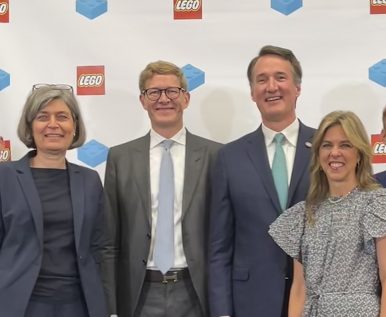
Chesterfield Economic Development first received an email from a consultant working with Lego in October 2021.
“It’s been very interesting in that as we’ve been working to get it ready to go and everything like that, it’s become clear from the team, it’s taken us seven months to get here, but the first day they met us on the site, they picked the site. … They didn’t tell us that ’till about a month ago,” Chesterfield Economic Development Director Garrett Hart said.
The Chesterfield factory will be the seventh factory worldwide for Lego, which reportedly produces as many as 36 billion Lego bricks annually, and its only U.S. manufacturing facility. A factory in Monterrey, Mexico, is currently the primary supply source for the company’s U.S. market and will be expanded and upgraded to meet growing demand for its products, the company said in a news release. Lego is also expanding its manufacturing in Europe and China, and it announced plans in late 2021 to build a factory in Vietnam to support growth in the Asian market.
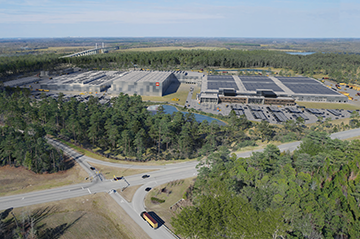
The Virginia Economic Development Partnership (VEDP) worked with Chesterfield County, the Greater Richmond Partnership and the General Assembly’s Major Employment and Investment (MEI) Project Approval Commission to secure the project. Lego will be eligible to receive an MEI custom performance grant of $56 million based on an investment of more than $1 billion and the creation of jobs estimated to be in excess of 1,760, as well as site development improvements estimated at up to $19 million, subject to approval by the Virginia General Assembly.
Support for Lego’s job creation efforts will be provided through the Virginia Talent Accelerator Program, a workforce initiative program created and administered by VEDP in collaboration with the Virginia Community College System and other higher education partners.
Founded in 1932 by Danish carpenter Ole Kirk Christiansen, Lego is celebrating its 90th birthday. The company, which began making its iconic interlocking plastic bricks in 1947, reported 2021 revenue of $4.38 billion and employs about 24,500 workers worldwide, including around 2,600 employees in the United States, where it has been operating since the 1960s. Its U.S. headquarters is in Enfield, Connecticut.
Lego operates 168 retail stores around the world, about 100 of which are in the United States, and has built eight Legoland amusement parks, which are owned by the Blackstone Group’s Merlin Entertainments subsidiary.


